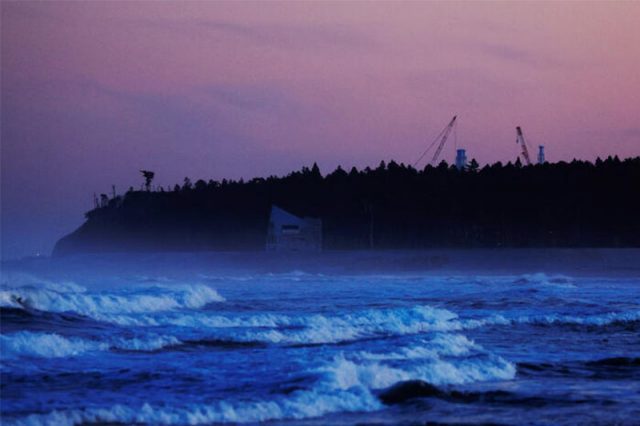
TOKYO— Japan is set to begin pumping out more than a million tonnes of treated water from the destroyed Fukushima Daiichi nuclear power plant this summer, a process that will take decades to complete.
The water was distilled after being contaminated from contact with fuel rods at the reactor, destroyed in a 2011 earthquake. Tanks on the site now hold about 1.3 million tonnes of radioactive water – enough to fill 500 Olympic-sized swimming pools. Here is how Tokyo Electric Power Company 9501.T (Tepco) plans to deal with the water:
Water release
Tepco has been filtering the contaminated water to remove isotopes, leaving only tritium, a radioactive isotope of hydrogen that is hard to separate from water. Tepco will dilute the water until tritium levels fall below regulatory limits before pumping it into the ocean from the coastal site.
Water containing tritium is routinely released from nuclear plants around the world, and regulatory authorities support dealing with the Fukushima water in this way.
Tritium is considered to be relatively harmless because it does not emit enough energy to penetrate human skin. But when ingested it can raise cancer risks, a Scientific American article said in 2014.
The water disposal will take decades to complete, with a rolling filtering and dilution process, alongside the planned decommissioning of the plant.
Reaction to ocean release
Tepco has been engaging with fishing communities and other stakeholders and is promoting agriculture, fishery and forest products in stores and restaurants to reduce any reputational harm to produce from the area.
Fishing unions in Fukushima have urged the government for years not to release the water, arguing it would undo work to restore the damaged reputation of their fisheries.
Neighboring countries have also expressed concern. China has been the most vocal, calling Japan’s plan irresponsible, unpopular and unilateral.
—Reporting by Tokyo Newsroom. Editing by Gerry Doyle









